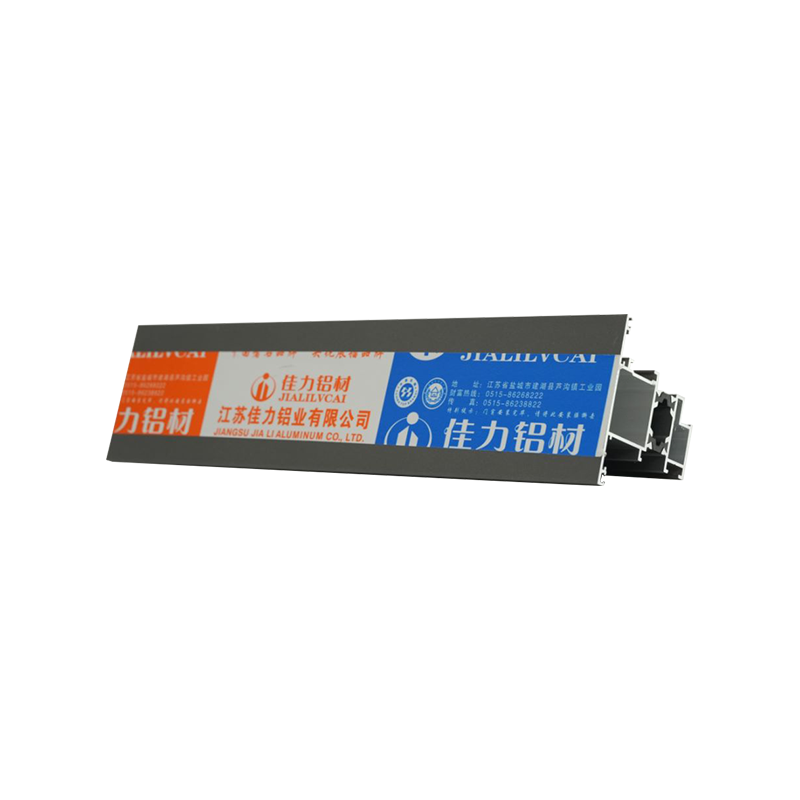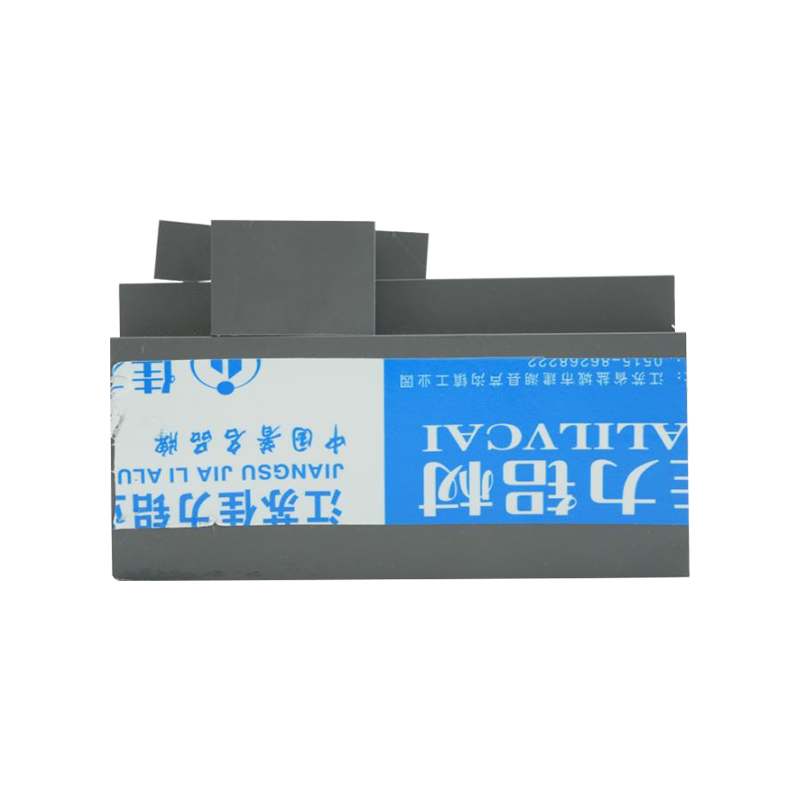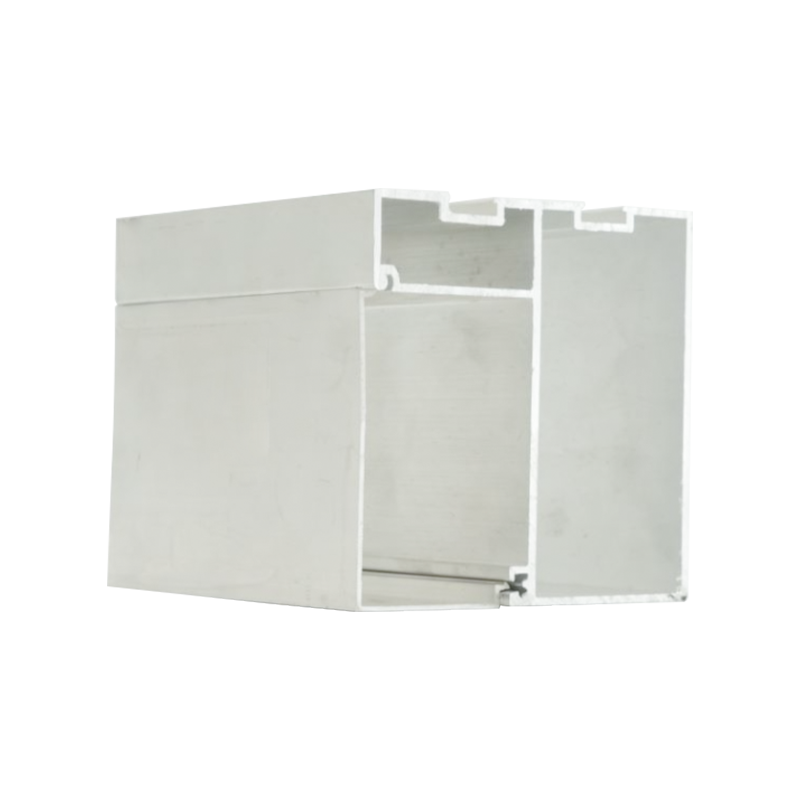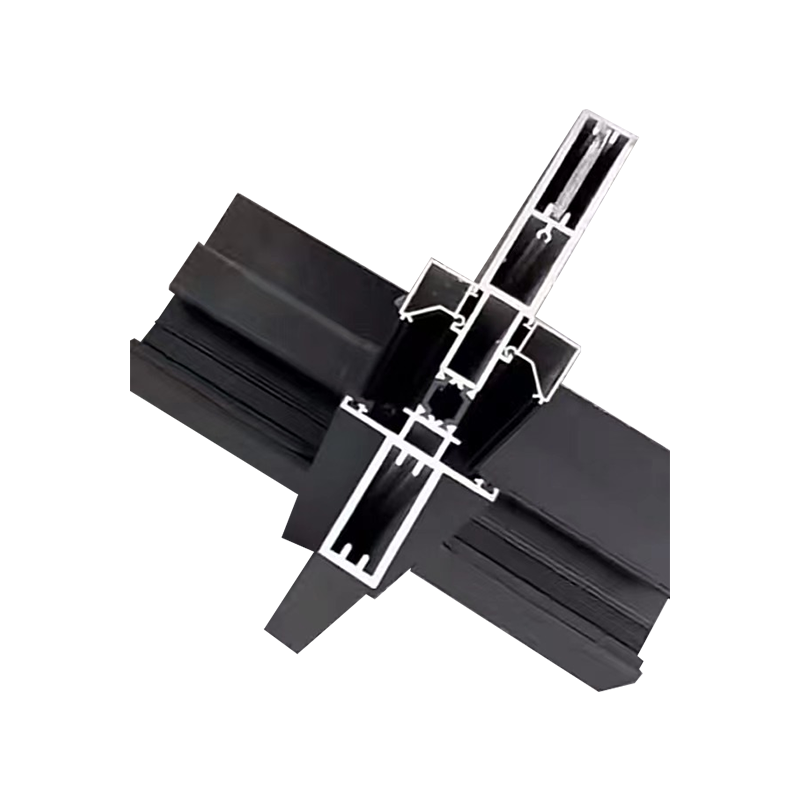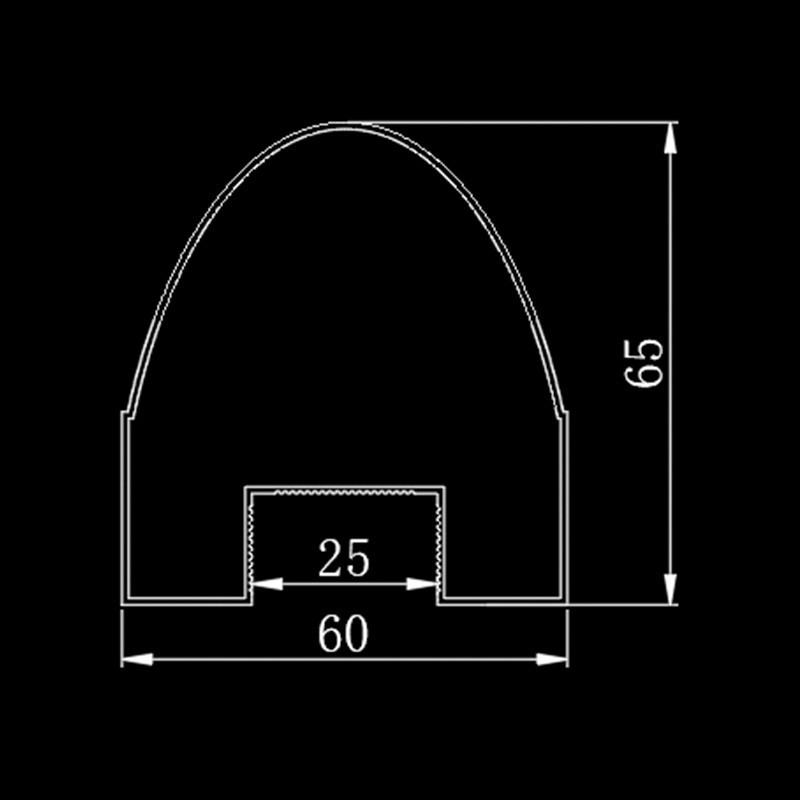One of the significant advantages of high-strength lightweight aluminum alloys is their lightweight properties. The density of aluminum alloy is about 1/3 of steel and about 1/2 of wood, which means that the weight of aluminum alloy is much lower than traditional materials while maintaining sufficient strength. This feature is particularly important in the design and application of sliding doors. The lightweight feature greatly reduces the overall weight of the sliding door, allowing users to experience a smoother operating experience when opening and closing. Even the elderly and children can operate it easily. During the installation process, lightweight aluminum alloy sliding doors require less lifting and handling force, which reduces installation difficulty and cost and improves construction efficiency. The lightweight nature also helps reduce the load-bearing burden on the building structure, which is especially important for high-rise buildings or older buildings with fragile structures.
Although aluminum alloys have low density, their strength can be significantly improved through alloying, reaching or even exceeding some traditional materials. High-strength aluminum alloy sliding door aluminum profiles not only ensure light weight, but also ensure sufficient structural strength and stability. This means that the sliding door can maintain structural integrity and is not easily deformed or damaged when it withstands various forces generated during daily use (such as wind, human thrust, etc.). The fatigue resistance of high-strength aluminum alloy is also better than that of many traditional materials, and it can maintain its mechanical properties for a long time and extend the service life of sliding doors.
Aluminum alloy has good corrosion resistance, which is due to the naturally formed aluminum oxide protective layer on its surface, and its protective capabilities can be further enhanced through processes such as anodizing and electrophoretic coating. In humid, rainy or environments with high corrosive gas content, high-strength aluminum alloy sliding door profiles can effectively resist corrosion, keep the surface smooth, and reduce the frequency of maintenance and replacement. This feature makes aluminum alloy sliding doors an ideal choice for humid environments such as outdoor balconies and bathrooms, while also reducing long-term maintenance costs.
Another advantage of high-strength, lightweight aluminum alloys is their good processability. Aluminum alloy is easy to cut, bend, weld and surface treat, which allows sliding door aluminum profiles to flexibly adapt to various design needs, from simple modern to retro classic, from single track to multi-track, from flat opening to folding, aluminum alloy sliding door All presented perfectly. In addition, the recyclability of aluminum alloy is also in line with the concept of sustainable development, reducing resource waste and environmental pollution.
As the global awareness of environmental protection increases, green building and sustainable design concepts are receiving increasing attention. As an environmentally friendly material, high-strength lightweight aluminum alloy consumes relatively low energy during its production process, and the material itself can be fully recycled and reused, meeting the requirements of a circular economy. Aluminum alloy sliding doors have a long service life, which reduces waste generated by frequent replacement and further reduces the environmental burden. From an economic point of view, although the initial investment may be slightly higher than some traditional materials, considering its low maintenance costs, long life and excellent performance, aluminum alloy sliding doors are more cost-effective in long-term use.
High-strength lightweight aluminum alloy sliding door aluminum profiles are widely used in residences, hotels, offices, shopping malls and other occasions. In residences, aluminum alloy sliding doors are often used in balconies, kitchens, cloakrooms and other areas to provide flexible space separation; in commercial places, aluminum alloy sliding doors have become display windows and entrance gates because of their beauty, durability and easy cleaning. Waiting first choice. With the development of smart home technology, aluminum alloy sliding doors have also begun to incorporate intelligent elements, such as induction opening, remote control, etc., further improving the convenience and safety of use.
With the continuous advancement of material science and manufacturing technology, the performance of high-strength lightweight aluminum alloy sliding door aluminum profiles will be further improved, such as higher strength, better thermal insulation performance, stronger UV resistance, etc. At the same time, in order to meet consumers' growing demand for personalization and customization, the design of aluminum alloy sliding doors will be more diversified, with more innovations in colors, textures, shapes, etc. The concepts of environmental protection and sustainability will continue to lead the development of aluminum alloy sliding door materials and promote the entire industry to move in a greener and more efficient direction.

 ENG
ENG
 English
English русский
русский 中文简体
中文简体 Español
Español bahasa Indonesia
bahasa Indonesia
